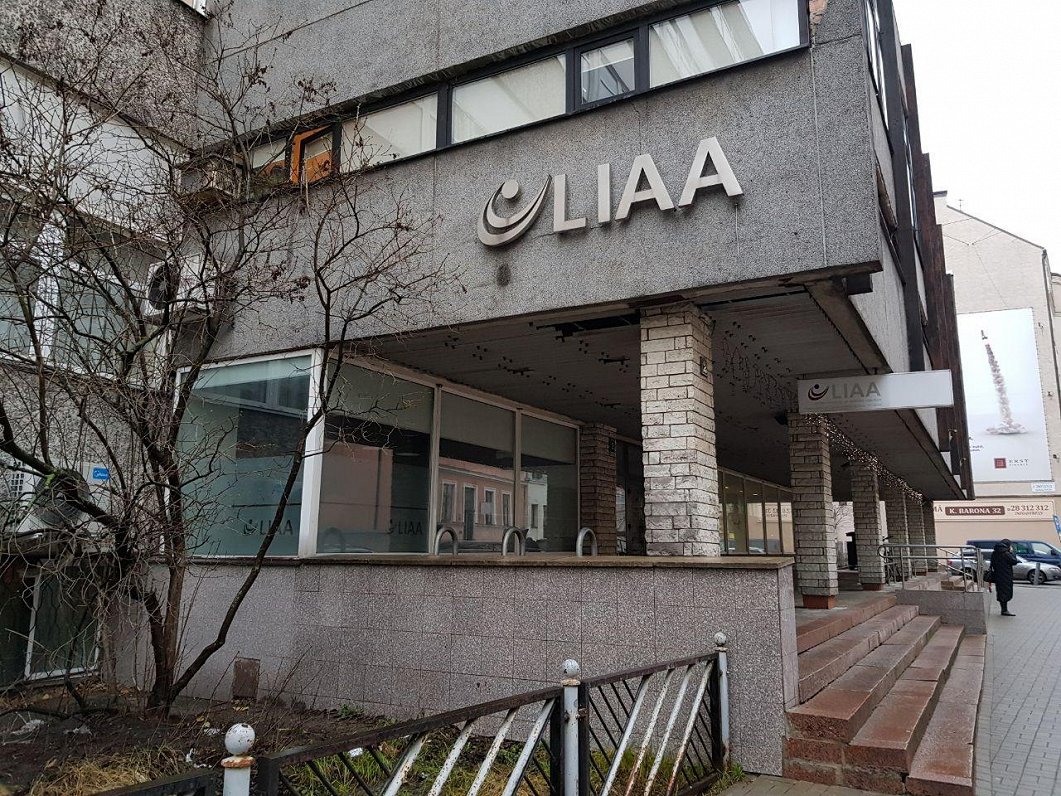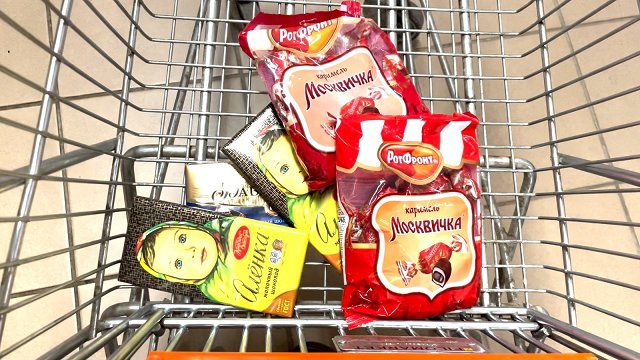Despite the fact that the sanctions against Russia and Belarus also affect the Baltic economy, which has not yet recovered following the Covid-19 crisis, the trade and industrial chambers of all the Baltic States have announced that they condemn Russia's invasion of Ukraine and support the introduction of the toughest possible sanctions. Chairman of the Chamber of Commerce and Industry of Latvia Jānis Endziņš said that the Russian market has been difficult for a long time.
“We also called for diversification of the markets so that we don't have all eggs in one basket. [..] The direction of Belarus has been in the same way for some time, with great difficulties. For many companies those were not developing markets,” Endziņš said.
He said that in 2014, exports to Russia were 40%, but following the annexation of Crimea, it fell to 7%, including re-exports. The volume is large enough for individual companies but as a whole, the volume of exports to these countries is not the biggest problem.
Endziņš said that at the moment, the most important thing is to help entrepreneurs find new raw material markets.
He said that the Latvian Investment and Development Agency (LIAA) was active and that the programs that were already in place before the Russian invasion of Ukraine should be used actively. "There is also a need for certain adjustments to allow more companies to benefit from the aid. The biggest challenges are, in fact, not so much export replacement, but dealing with Russian import cases. As we know well, the Russian metal was quite a lot in total volume here, in Latvia and in Europe. Both mechanical and metalworking companies, including construction. These are fixture bars and various other metal components that are simply needed,” said Endziņš.
He said the same applies to a variety of chemical products, particularly in the agricultural sector.
“So it's a challenge to understand who other suppliers are, what prices are, to replace these raw materials. Of course, also gas, fuel. Preparing for the next heating season very timely and looking at where we can shift heating to local fuels," Endziņš said.
Iveta Strupkāja, deputy director of the LIAA for export, said that there are currently no shortages of challenges for entrepreneurs. Entrepreneurs face challenges in transportation and transactions.
“For example, there are situations where a prepayment has been made and it is not possible to receive the item or vice versa, the item has been delivered and cannot be paid. There are some problems where loads are stuck, money is stuck and, of course, these all issues are topical for businesses[..],” Strupkāja said.
Entrepreneurs may refer to both the LIAA Customer Service Department and the LIAA website and the national platform for business development at business.gov.lv for help.






























